Afghan govt. says its forces retake Pakistan border crossing; Taliban, Pakistan deny claim
There have been conflicting reports about the fate of a major Afghan border crossing, a day after the Taliban claimed they had captured the Afghan side of the border crossing of Spin Boldak along the frontier with Pakistan.
Local Afghan officials on Thursday said security forces had retaken control of the border town a few hours after the Taliban seized it.
The government is now in full control of the area's main market, the customs department and other government installations in the border town, a senior Afghan government official said.
The official, however, warned that the threat remained high as Taliban militants outnumbered Afghan security forces in the area.
The militant group dismissed the government claims, with spokesman Zabihullah Mujahid saying that the Taliban still held the border post.
"It is merely propaganda and a baseless claim by the Kabul administration," Mujahid was quoted as saying.
Pakistan confirmed the Taliban's claim, saying Thursday that the militants were in control of the key town on the Afghan side of its border.
"They have taken control of Spin Boldak border crossing," said Pakistan’s Foreign Ministry spokesman Zahid Hafeez Chaudhri.
A Taliban source said hundreds of people have gathered on the Afghan side, hoping to travel in the other direction.
"We are talking to Pakistani authorities. A formal meeting to open the border is scheduled for today, and hopefully, it will open in a day or two," he said.
The crossing provides direct access to Pakistan's Balochistan province -- where the Taliban's top leadership has been based for decades.
Spin Boldak is the latest in a string of border crossings allegedly seized by the militants in recent weeks as they look to choke off revenues needed by Kabul.
Three-month ceasefire offer
An Afghan government negotiator said Thursday that the Taliban have offered a three-month ceasefire in exchange for the release of 7,000 militant prisoners.
"It is a big demand," said Nader Nadery, a key member of the government team involved in peace talks with the Taliban.
He said the Taliban had also demanded the removal of their leaders' names from a United Nations blacklist.
It was not immediately clear how the government would react to the ceasefire offer.
Observers say the Taliban's ceasefire offer is a likely attempt to consolidate the positions they have gained so swiftly in recent weeks.
The militants have intensified their offensives across several provinces, with their primary focus in the past months being the north despite advancements elsewhere.
In the north, violence has forced Afghan families to flee their homes.
Russia, China and some other countries have accused Washington of conducting a hasty and chaotic withdrawal after two decades of occupation.
US forces are leaving Afghanistan after two decades of war and occupation. The US general leading the war in Afghanistan, Austin Miller, recently relinquished command at a ceremony in the capital Kabul, and quietly left the country.
Washington spent hundreds of billions of dollars for the war on Afghanistan, which left hundreds of thousands of people dead.
Local officials: Taliban agree to ‘indefinite ceasefire’ with provincial govt. in Badghis
The government officials in Afghanistan’s western Badghis province say they have reached an agreement with the Taliban militants to announce ceasefire in a bid to prevent further attacks on the provincial capital.
Local government officials announced on Thursday that they had negotiated "an indefinite ceasefire" with the Taliban to prevent further attacks on Qala-i-Naw, the capital city of Badghis province, by the militants as Afghan forces continue to battle the group elsewhere across the country.
Husamuddin Shams, the governor of Badghis province, was quoted by Reuters as saying that the ceasefire was mediated by tribal elders, a move that comes after Taliban militants secured complete control over all districts in the province.
"Some 10 tribal elders had taken the responsibility for ceasefire, so they first talked to the Taliban, and then talked to the local government and both side reached a ceasefire," Shams said.
The Taliban reached an agreement with the tribal elders to move to the outskirts of Qala-i-Naw.
Although a Taliban spokesman denied the group had agreed to a ceasefire, but said they had left the main city of Badghis to avoid civilian casualties.
Israel kills 4 more Palestinians in Jenin
VIDEO | Gazans observe Ramadan amid Israel’s violations
Iran court jails ex-ministers over role in massive corruption case
Washington designates Yemen’s Ansarullah as ‘foreign terrorist organization’
VIDEO | Press TV's news headlines
UNRWA warns Israel against using aid as ‘weapon of war’ in Gaza
Israeli strike kills one in southern Lebanon: State media
Ukraine says it can hold frontline as Trump suspends all military aid


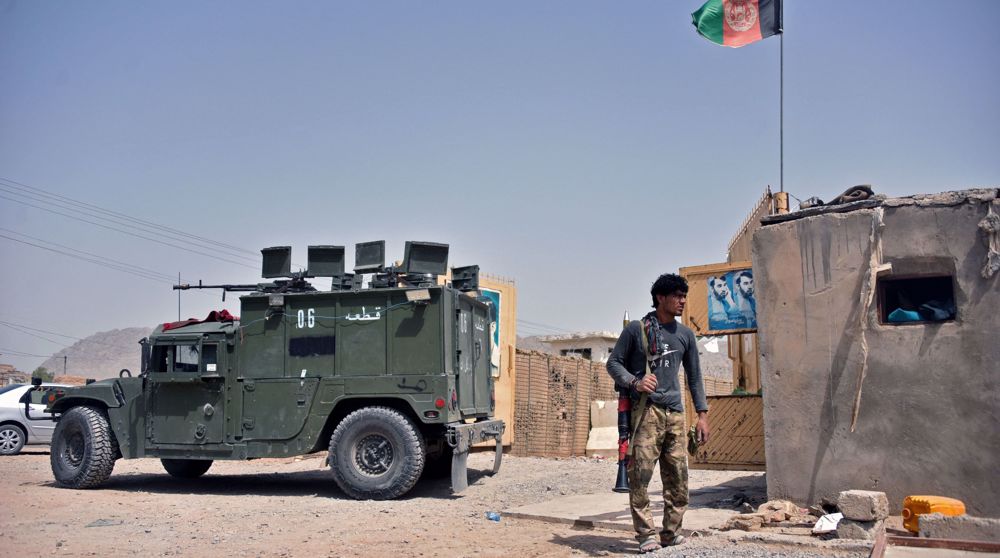
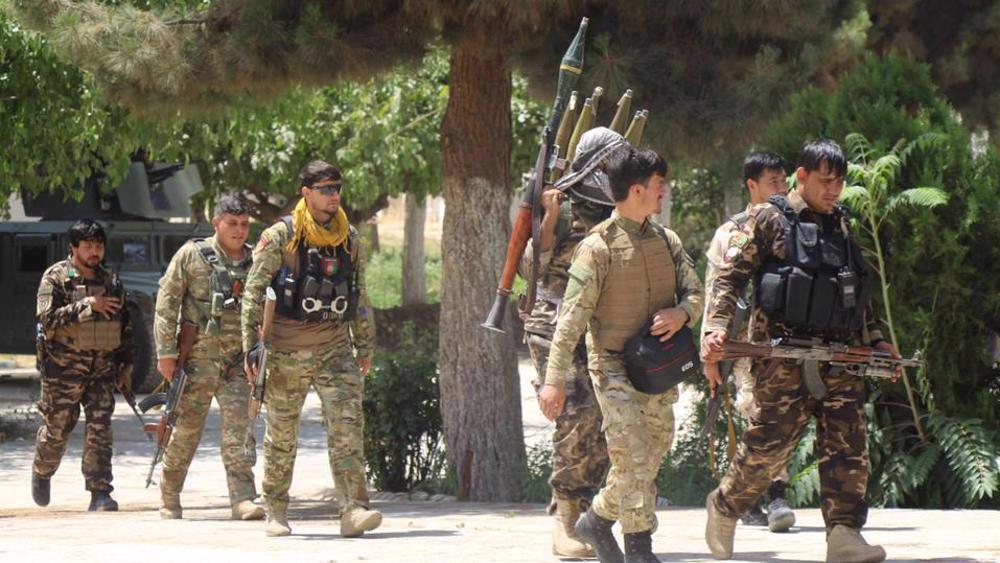

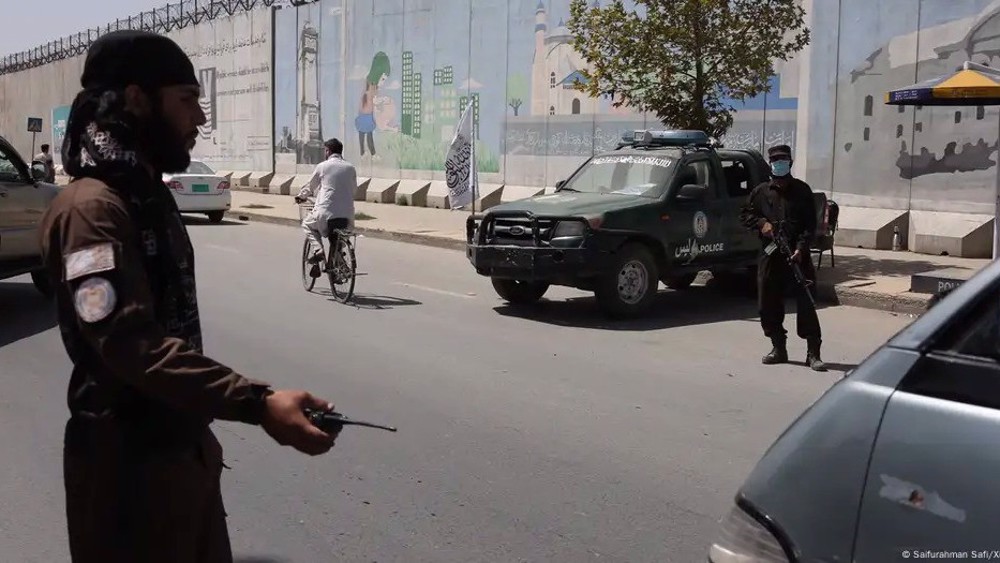
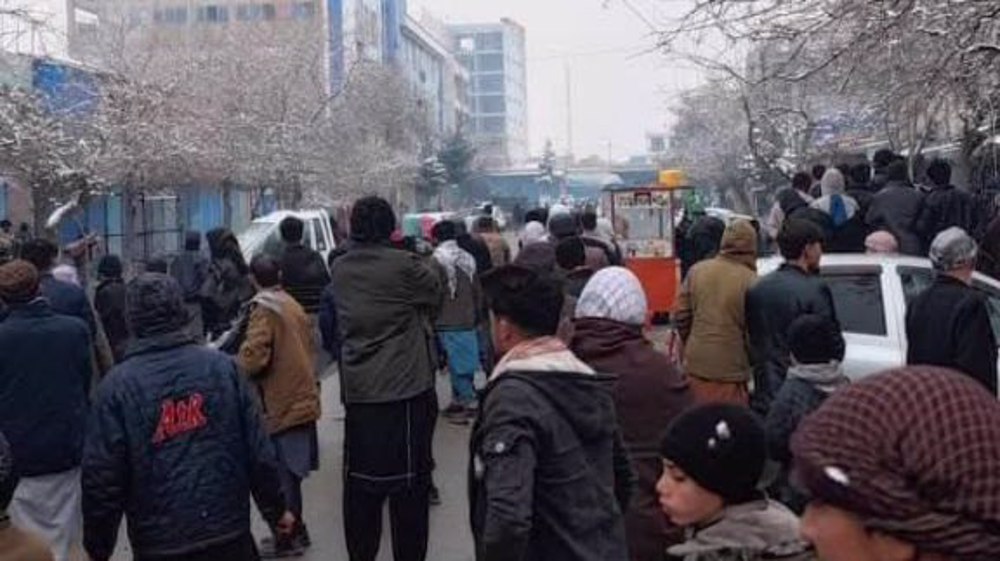
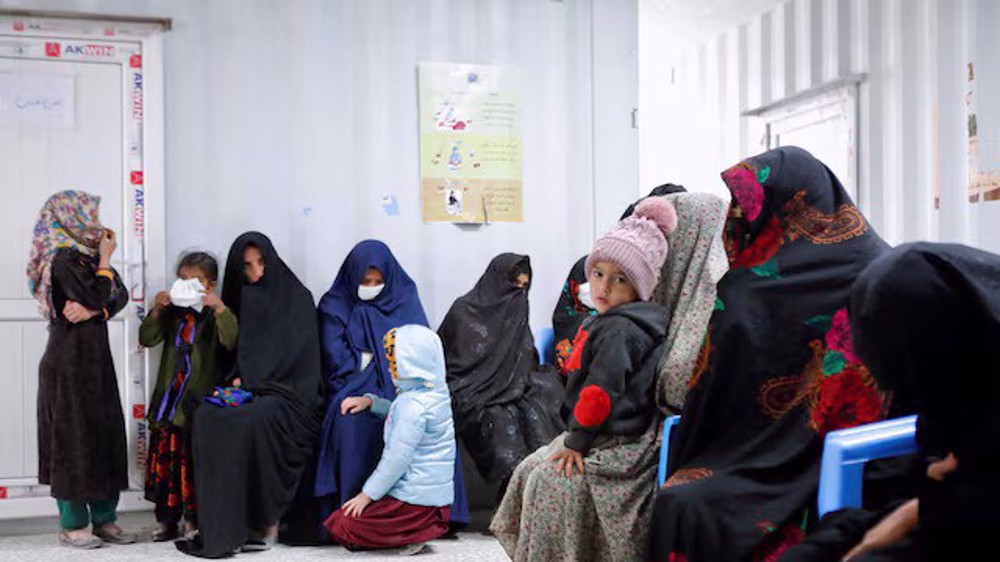



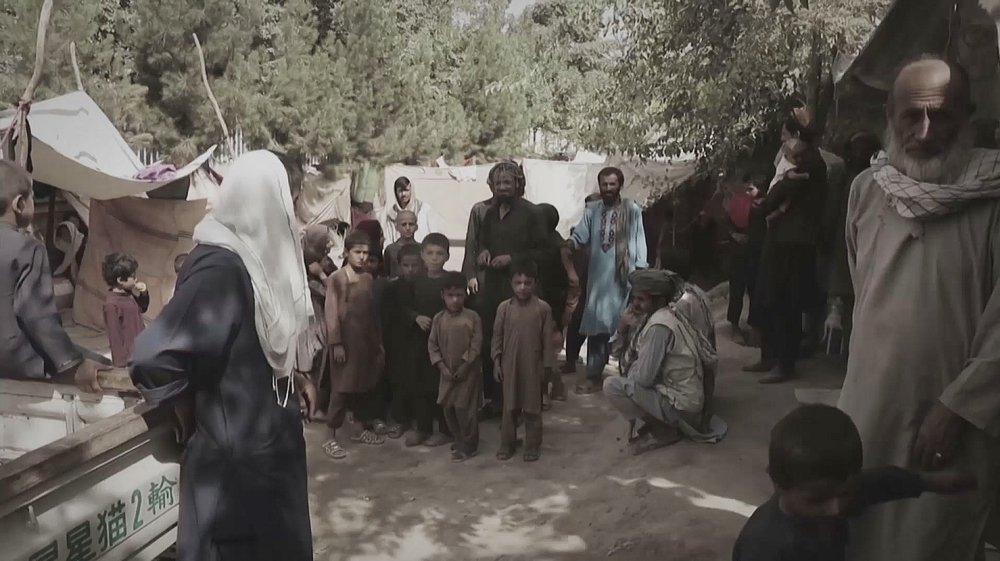
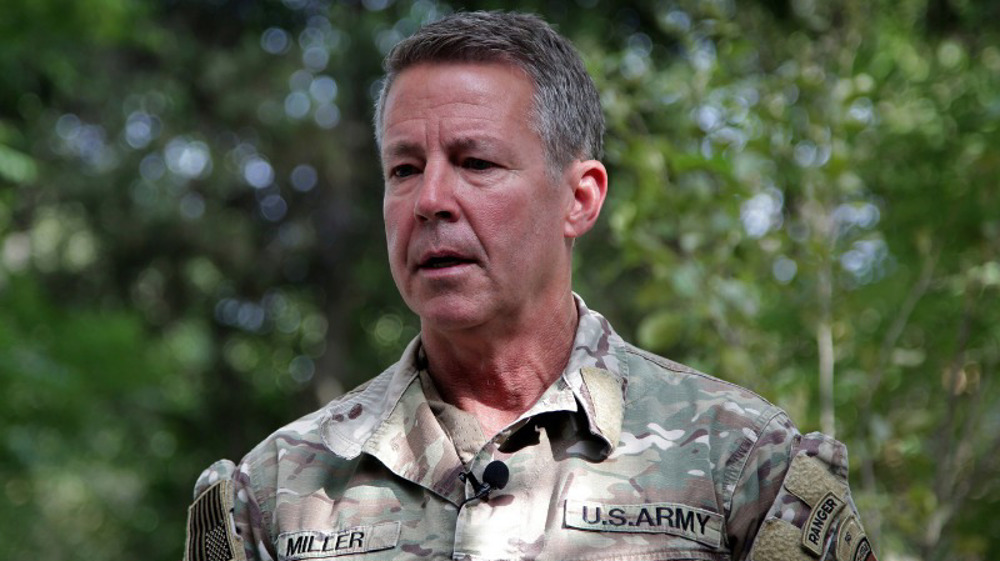
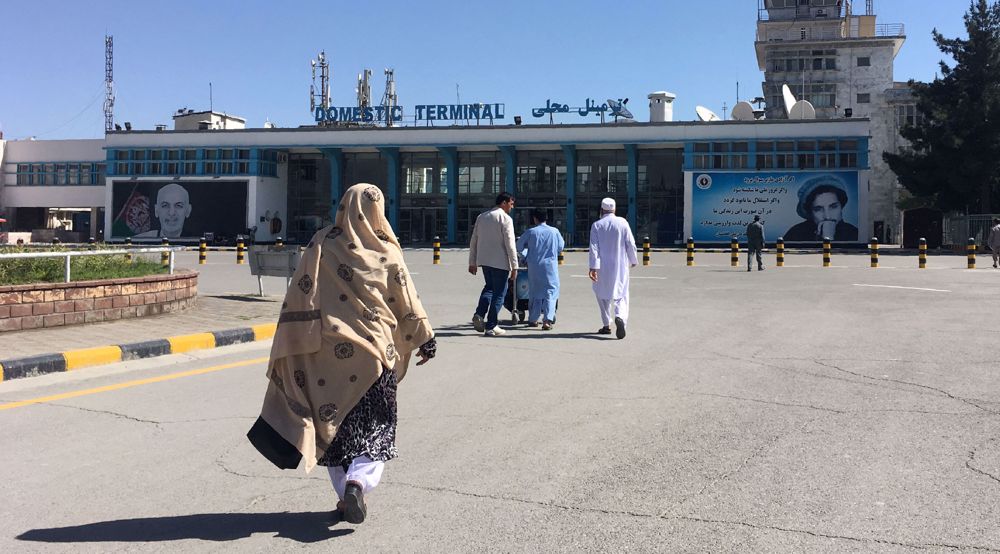
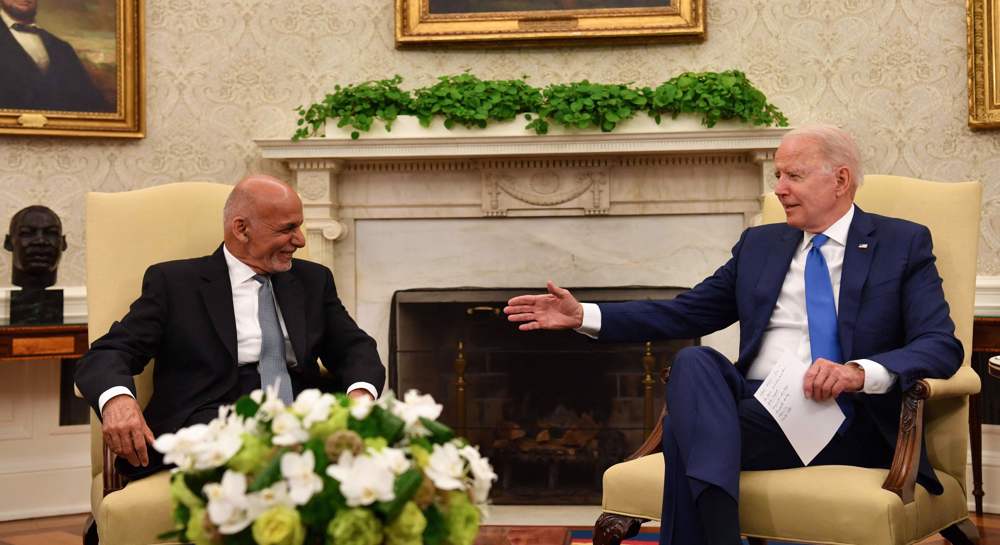
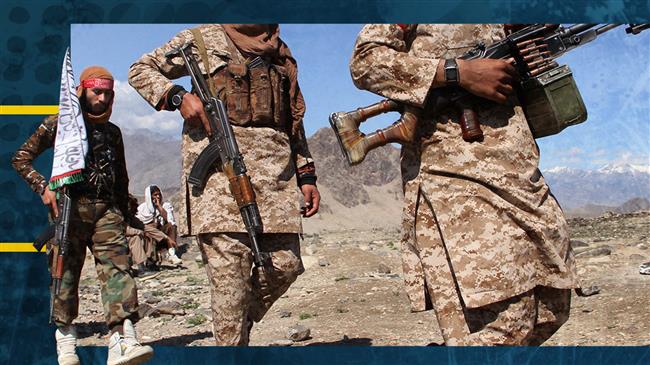
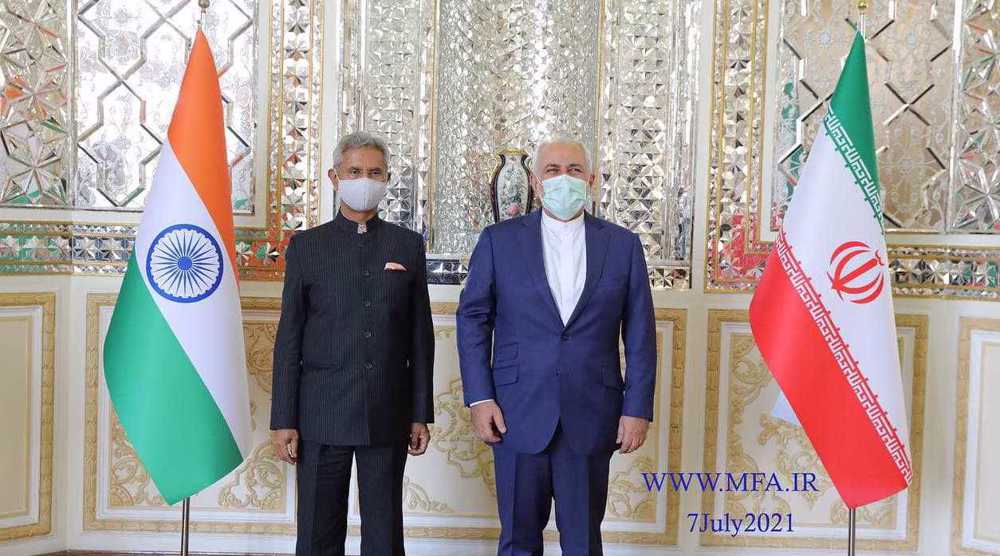
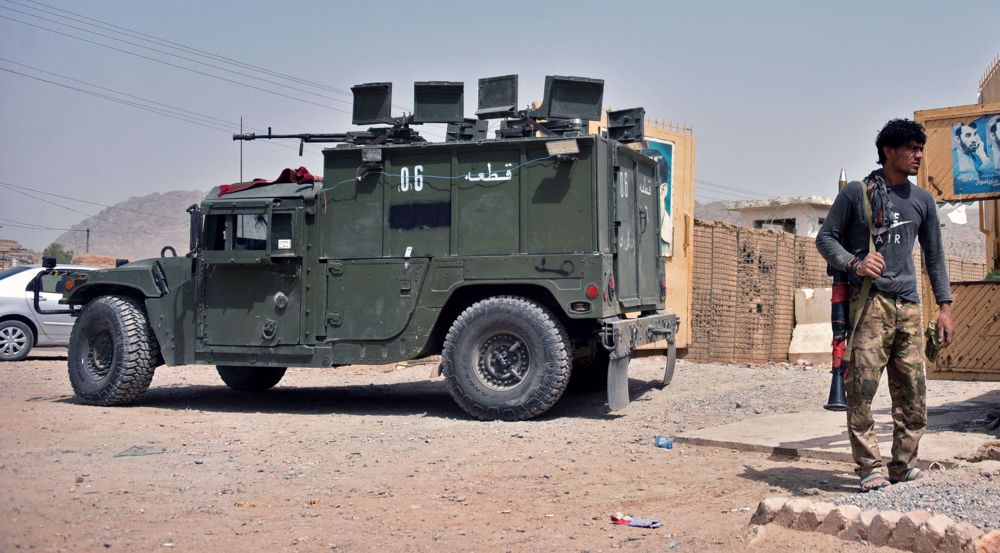

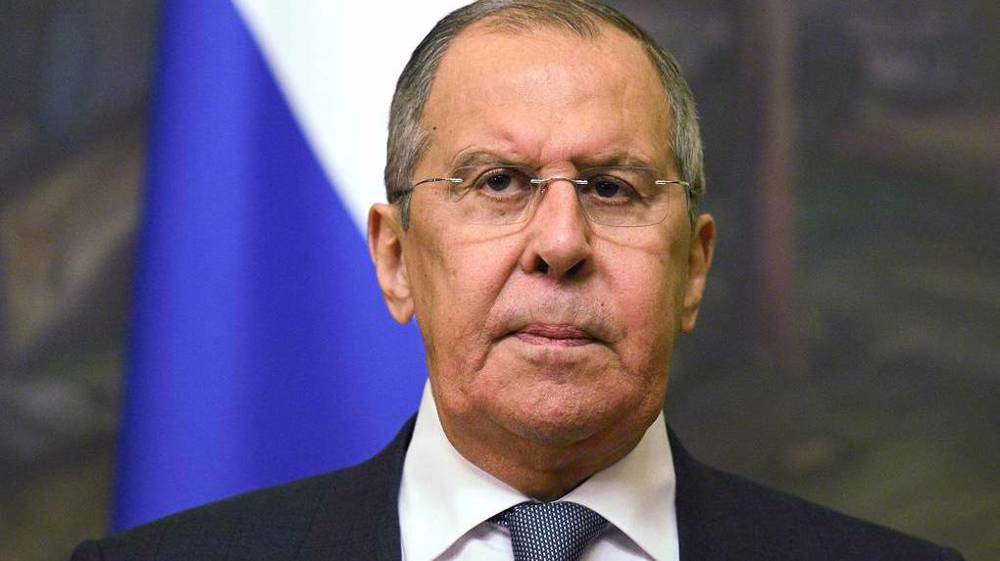
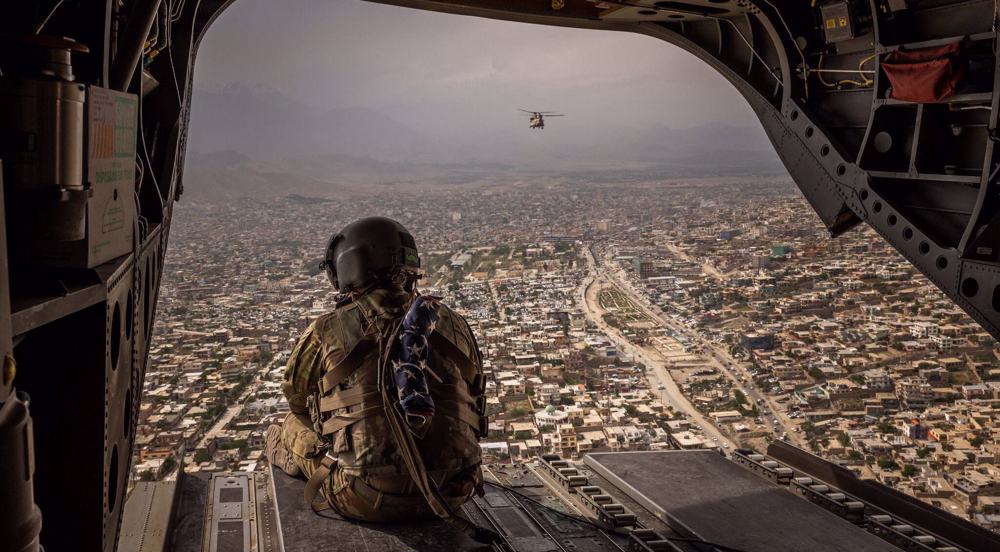

 This makes it easy to access the Press TV website
This makes it easy to access the Press TV website